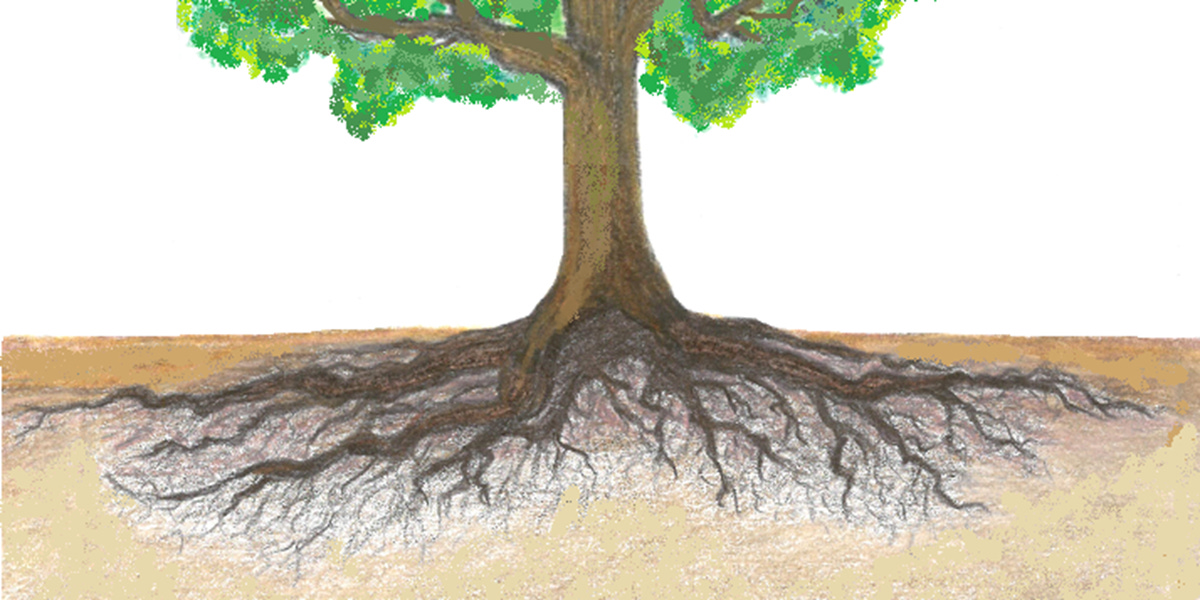Beyond loneliness
Thinkers who are deepening, complicating, and confronting the loneliness narrative
Since the start of the new year, we’ve observed a shift in the public discourse around loneliness. After months of people identifying a random smattering of activities to address a loosely defined concept of loneliness (see here, here, and here), a more nuanced conversation around the potential and limits of this loneliness frame has emerged. Increasingly, academics and writers seem to be challenging us to think beyond loneliness.
So, this week, we’re highlighting a few of the thinkers who are deepening, complicating, and flat-out confronting this loneliness narrative. But they don’t just offer critiques. They also introduce solutions—from mutual aid, to social care, to neighborhood organizing—to make our communities more connected. Here is a preview of some ideas raised this week:
On Institutions: How America’s community institutions—including schools, medical authorities, and local governments—have left us feeling like we’re fending for ourselves.
On Mutual Aid & Care: Why participatory systems of mutual aid and care—not individualized practices or policies—can address our “state of disconnection.”
On Neighborhoods: How investing in the “root systems of neighborhoods” can counteract surface level solutions to loneliness.
Plus, we spotlight how one auto shop in Alabama is putting the principles of mutual aid, care, and cooperation into practice.
We imagine some of you will be saying “yes, yes, yes!” to this week’s articles, and some of you will be vigorously shaking your head in disapproval. If you have a reaction—whether it be positive or negative—let us know what you think. We’re here for it.
Thanks for reading, as always.
- David, Sam, + Eric
The Reads
The New York Times - “We were wrong about what happened to America in 2020” by Eric Klinenberg (Jan. 2024)
“Because loneliness was never the core problem. It was, rather, the sense among so many different people that they’d been left to navigate the crisis on their own.”
Klinenberg draws on the birth and demise of Mac’s Public House as an emblem of the civic “long Covid” still afflicting so many of us today. He posits that the pub and its owners had noble, rule-abiding intentions, but that it was abandoned and starved by the city government that was meant to help it flourish. This institutional abandonment—this denial of care where care was needed—challenged us in Covid and still challenges us today, leading to a society-wide sense of isolation and neglect. If we want to find our way out of this civic crisis, Klinenberg asserts that schools, medical authorities, local governments, employers, and neighbors need to re-establish an orientation toward support, trust, and care.
Solidarity Hall - “Loneliness busting and overcoming the ‘social crash’ (Part I)” by Elias Crim (Jan. 2024)
Crim urges us to shift away from the prevailing individualistic framing of the "loneliness epidemic" and examine the systemic factors underlying a broader "state of disconnection." Seeking solutions, Crim highlights moments of crisis, such as natural disasters, when societal structures dissolve and reveal the power of mutual aid in forming social bonds. He argues for a “social economy,” where organizations (such as social cooperatives) are driven by values of solidarity, democratic governance, and the primacy of people over capital. Crim highlights how such economies and organizational models foster localized systems of care, nurturing resilience, meaning, and lasting relationships for both workers and communities.
→ read the full article here. And if you’re interested in reading more about the social cooperative model, you can read part II of Crim's piece here.
The Research
Qeios - “Working on the root system of social connections in community” by Russell & Hofman (Feb. 2024)
Russell and Hofman draw a parallel between neighborhoods and forests: much like a forest, neighborhoods are woven together by an underground root system of relationships. The authors describe how, “encounters in the neighborhood’s civic life create [this] root system of connections between people.” Just as root systems seem to be infinitely interconnected, connected neighborhoods are composed of “seemingly endless overlapping circles of associations” that create “an association of associations.” The act of community building is what animates, deepens, and expands these neighborhood root systems, continually broadening circles of participation and association. The fruits emerging from this root system are the active relationships formed in connected neighborhoods.
Pointing to this framework, the authors caution against surface level activities and programs for lonely people:
The forest’s trees can be superficially connected above the ground by a network of overlapping ropes that increase their useful value for humans climbing from tree to tree but do little to enhance the collective well-being of the wood-wide web. Similarly, the activities and programmes parachuted into neighborhoods by outsider actors to address issues as they perceive them, such as loneliness … do little to nourish the social soil, associational life, and collective efficacy of the neighborhood.
To Russell and Hofman, top-down policies and nonprofit programs to “strengthen communities” will be misguided and counterproductive. Solutions must emerge from the bottom-up—that is, the root system of neighborhoods and communities.
The Work
The Automotive Free Clinic (AFC) - Prattville, AL
The AFC, founded by Zac Henson and based in Prattville, AL, operates as a pay-what-you-can auto repair shop that serves lower-income community members. Built on the principles of mutual aid and primarily staffed by volunteers, the organization provides a low-cost service option in an area where cars are essential due to limited public transportation options. Described as a “feat” by Lux Magazine, the organization has repaired over 100 cars and operates at a net profit. Beyond the economic relief provided by the organization, AFC also provides a trusted community institution where volunteers build solidarity and engage in dialogue across the political spectrum.
→ Learn more about the story of the AFC and Zac in this Lux Magazine feature and this blog post from when Zac launched the shop.







